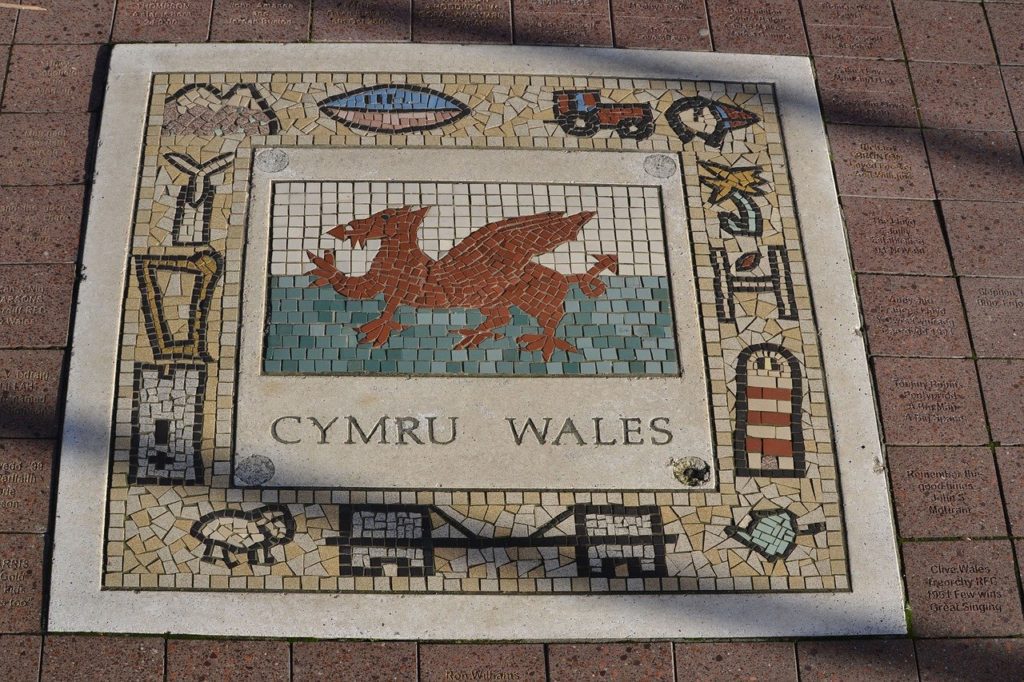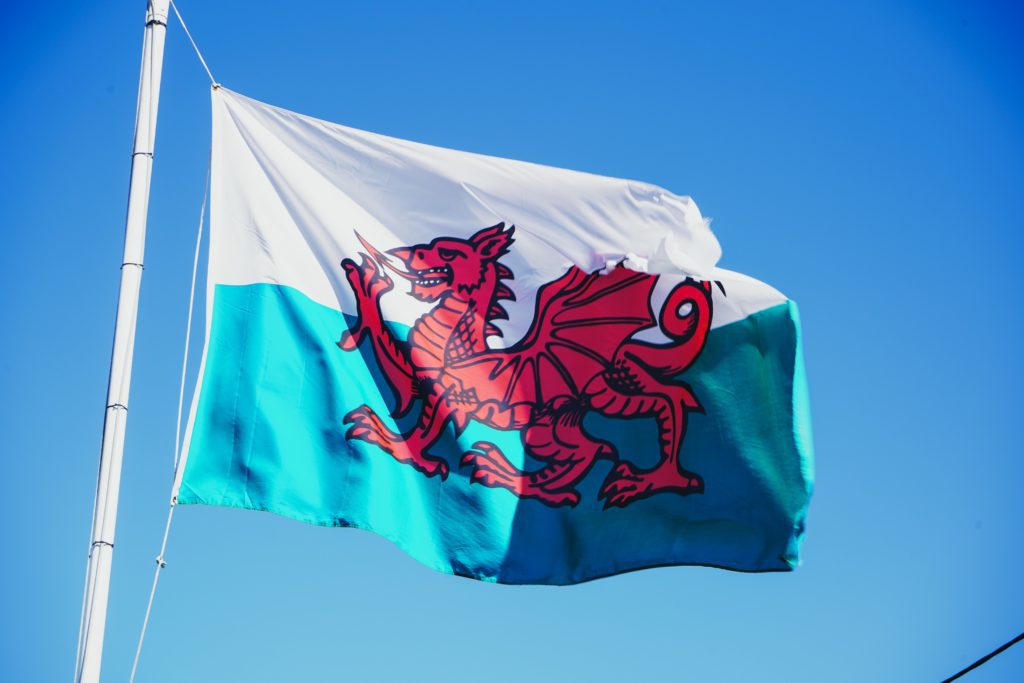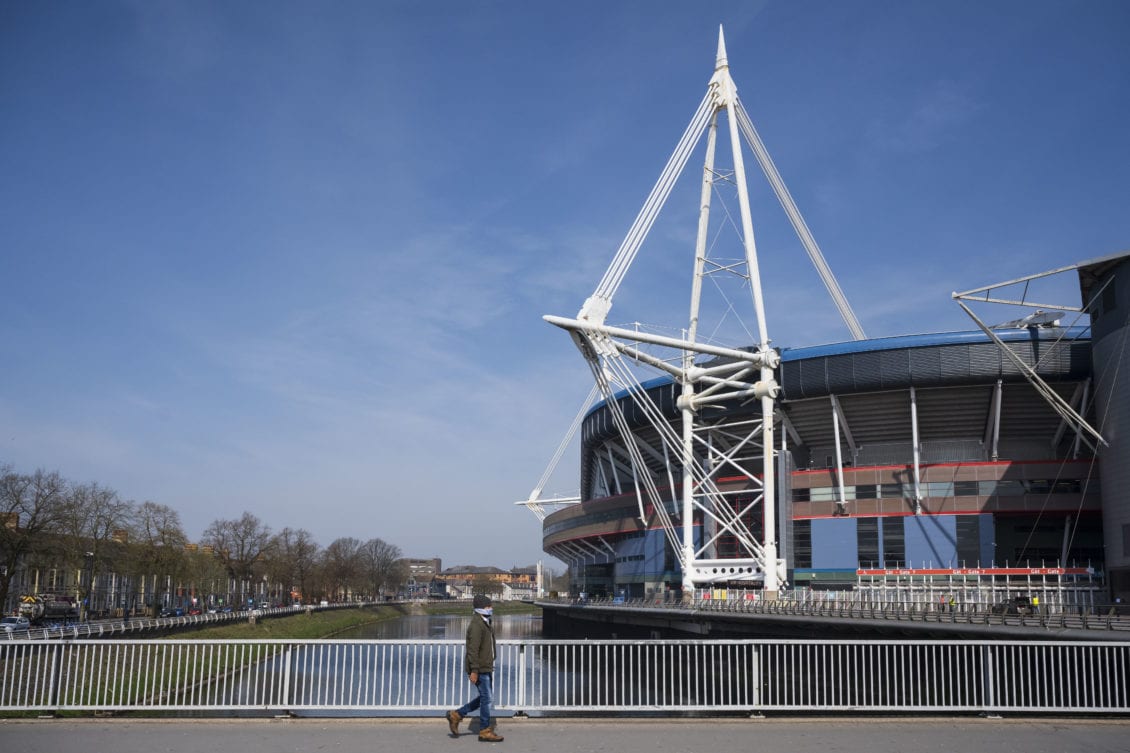In short, it was a disaster. The longer answer? It was a huge disaster. Wales struggled during almost every game for long periods and never really got going. In this article we’ll be running through the tournament in general, what personnel changes caused issues for the Welsh team, and a brief history of the Six Nations in case you need a little refresher of just how big the rugby union event really is.
First off, what is the Six Nations?
The history of the Six Nations is a long and storied one, starting way back in 1883 when England, Ireland, Scotland, and Wales decided to form the Home Nations Championship. France joined the mix in 1910, and the tournament became known as the Five Nations. Italy came on board in 2000 and the name changed once again to the Six Nations.
The tournament is played annually, with each team playing the other five once. There are two points up for grabs for a win, and one for a draw. The team with the most points at the end of the tournament is crowned champion. The Six Nations is one of the most popular rugby union competitions in the world and is watched by millions of people around the globe.
Wales and the Six Nations


Wales has been one of the most successful teams in the history of the Six Nations, winning the tournament a total of 27 times. Their most recent triumph came in 2021 when they clinched the title with a game to spare. Wales has also won the Grand Slam (beating all of the other teams in the tournament) a record 12 times.
The Six Nations is extremely popular in Wales and is one of the most anticipated sporting events of the year. Many people travel to Wales to watch the matches, and the atmosphere in the stadiums is always electric. Add to this the amazing stadium in Cardiff and the buzz around the city when the game is on and you can see why it’s so massive.
What personnel challenges caused Wales problems?
Dan Biggar needed a right-hand man
Wales has struggled for a while to find somebody who can complement Dan Biggar and form a partnership that is mutually beneficial. Hadleigh Parkes looked to be that guy, at least at the start of the Wayne Pivac era, but things didn’t quite work out and since then we saw the likes of Johnny Williams and Owen Watkin have a go without having too much success.
This unicorn, if you can call the person that, would ideally have a skill set that would be able to work in tandem with Dan Biggar but this has proved harder to find than probably first expected. Wales needed somebody creative in the team, someone who has a strong kicking game and vision whilst also being defensively astute but such a player seemingly doesn’t exist and was a headache for Wayne Pivac.
Scott Williams, who plays for the Scarlets, looked like a promising candidate for the role but this tournament seemed to have come too soon with the 31-year-old struggling with injuries and overall fitness. Wales needed somebody they could rely upon and we can assume that because of this Scott Williams wasn’t the standout pick. Regardless, we probably should have gambled it.
Wales needed that elusive creative spark


Following on slightly from the previous point, there were numerous times, you could say throughout the entire tournament really, that Wales needed a creative spark but the team just couldn’t provide it. You need that flair against the better teams when looking for a way through and unfortunately for Wayne Pivac’s men, nobody was able to supply it. A huge game for a talented group.
Last year Wales were prolific, scoring a grand total of 20 tries, a Welsh tournament record, but that looked like it was decades ago with this current side looking like they were out of ideas from the onset. There was nobody who could really take the game by the scruff of the neck and force a way through, dragging their teammates through and injecting some urgency into the side.
Creativity was massively lacking. Jarrod Evans, the 25-year-old Cardiff Blues fly-half, looked like the prime candidate but yet again he didn’t give much action. It’s all well and good saying this when the dust has settled and we have no idea how he might have played, but surely it was worth a punt. If that was all the Wales team had in their locker, why didn’t we risk it a little more?
Injuries crippled the Welsh team
We’re not making excuses for Wayne Pivac, trust us, but there were times when his decisions almost made themselves thanks to the injuries faced by the Wales squad. Key personnel were continually dropping like flies, even before the tournament started, and the writing was probably on the wall even then. Should we have lowered expectations? Probably, but that was never going to happen.
Injuries are part and parcel in sport, especially in rugby, but the past year has been brutal for Wales with top players being unavailable for long periods of time. The likes of George North, Taulupe Faletau, and Alun Wyn Jones were all out over the past months and that would crush almost any team, as we saw happen when this Welsh team entered the tournament.







Leave a Reply
View Comments